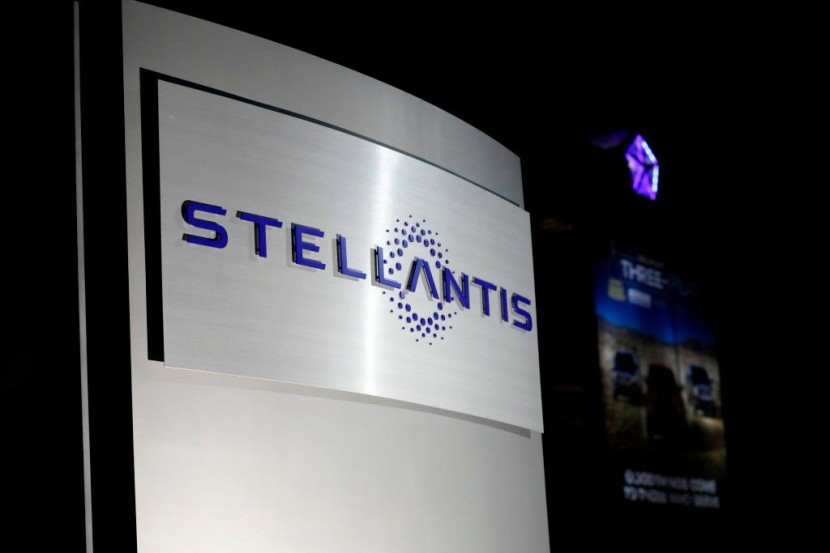Stellantis has stated its intention to lay off thousands of workers from its Jeep assembly facilities in Toledo, Ohio, and Detroit, Michigan. The automaker claims that California Air Resources Board's (CARB) emissions regulations have placed it at a disadvantage in the market.
Stellantis--the parent company of Jeep, Chrysler, Dodge, and Fiat, among others--has warned that 2,455 employees at the Jeep Grand Cherokee assembly plant in Detroit and an additional 1,225 employees at the Jeep Wrangler and Gladiator assembly plant in Toledo could lose their jobs, Electrek reports.
In an article by The Detroit News, Stellantis intends to reduce output at its Toledo facility by moving from an alternative work schedule to a conventional two-shift operation and by eliminating one of its three shifts at its Detroit plant, which is influenced by lagged sales of the Jeep brand. As early as February 5, 2024, layoffs will begin.

Limitation on ICE, EV Inventory Distribution
Stellantis has been vocally opposing Biden's initiatives to increase the use of electric vehicles (EVs) and decrease carbon emissions. The carmaker, along with other businesses, claims that the industry stands to lose billions of dollars via too stringent restrictions.
Reuters reports that Stellantis has restricted the distribution of its internal combustion engine (ICE) and EV inventory to retailers located in the 14 states that have implemented the emissions regulations set out by CARB.
This means that only SUVs accessible in certain states would be plug-in hybrids. All other versions, such as all-electric or ICE vehicles, would have to be ordered in advance, Electrek points out. Dealers in states that do not follow California's standards had the opposite situation, with an inventory of ICE-only vehicles and zero or just a handful of hybrids.
According to The Drive, Stellantis has to prioritize the sale of zero-emissions cars and plug-in hybrids to meet the sales requirements in the 14 states that follow California regulations.
Disadvantage for Stellantis
The drawback for Stellantis, however, is that in 2020, the Big Four (Ford, Honda, Volkswagen, and BMW) reached a special deal with the state of California to operate under a separate agreement, with sales throughout the country serving as the benchmark for compliance rather than sales in CARB states alone. Since such targets are more manageable, Stellantis argues this changes the situation and hurts their business.
According to Bloomberg, when the first four manufacturers joined the deal with California, Geely and Volvo followed suit. Stellantis, however, was denied membership.
Stellantis believes it is being penalized because, in 2019, along with other carmakers (including Toyota and General Motors), Chrysler openly questioned California's power to set its own regulations.
Stellantis filed a petition with the California Office of Administrative Law on Thursday, December 7, alleging that the state had signed an "underground regulatory scheme" with other car companies.








